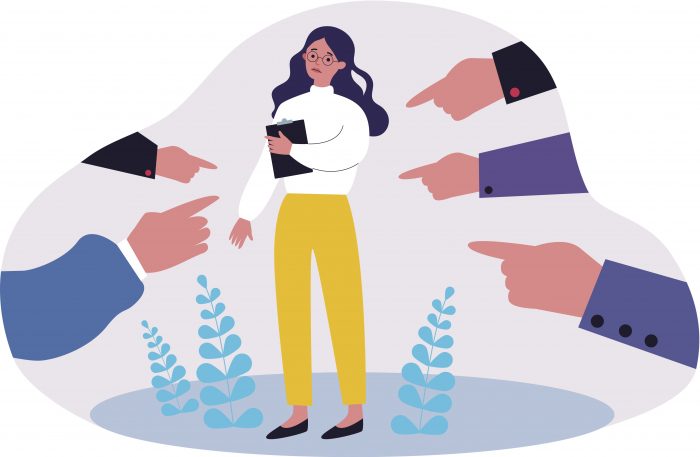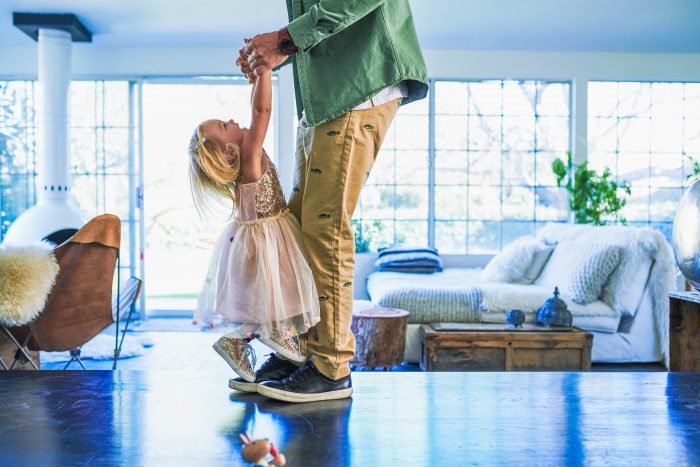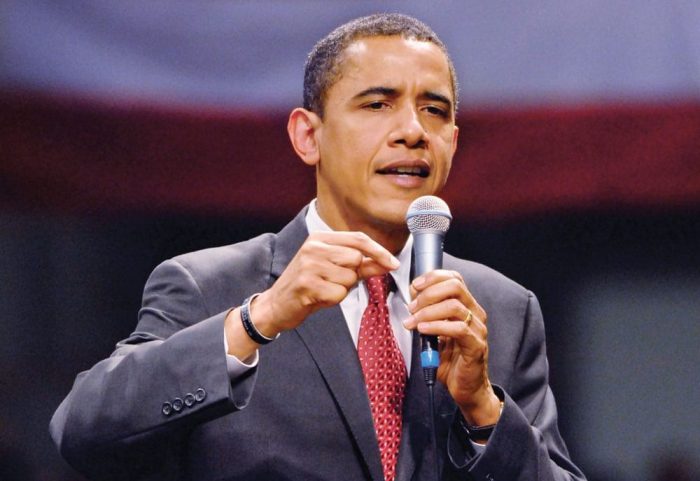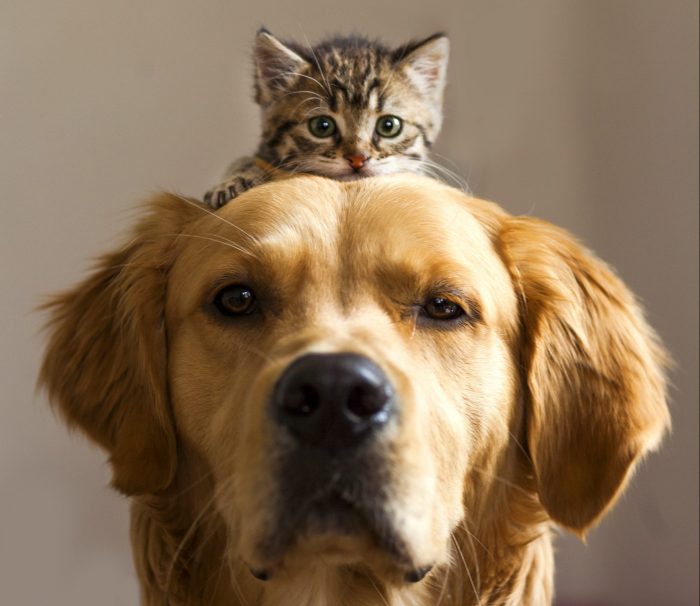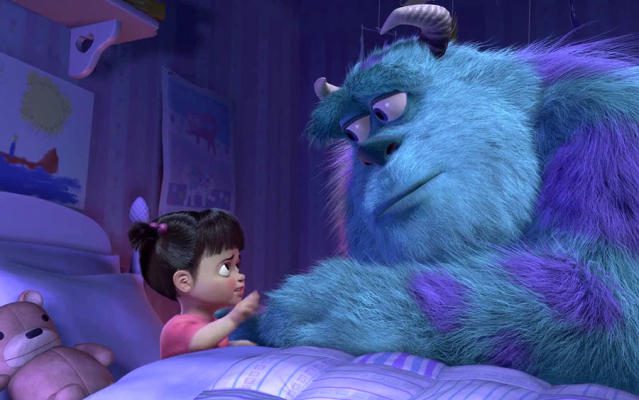By Daniel Dunaief

We’ve come a long way from the “my dog ate my homework” days.
I mean, come on, let’s give our society the credit it’s due. We have taken the blame game, the finger pointing and the it-couldn’t-be-me-because-butter-wouldn’t-melt-in-my-mouth game to an entirely new stratosphere.
Gone are the days of simple, linear and mostly nonsensical excuses.
Let’s start in Washington, DC, which is the biggest clown show this side of the Atlantic and where the notion of a democracy gets battle tested nearly every day
Who is responsible for the national debt? That, of course, depends on whom you ask. The democrats point to former President Trump, while the republicans accuse President Biden and the Democrats.
Maybe those wily politicians are onto something. You see, if no one takes responsibility for anything and we can point fingers at the other side reflexively and without any effort to compromise and work together, we can live without consequence, create our own economics and come up with judgmental and schoolyard bully nicknames for the other side.
Brilliant! Blame someone else convincingly enough and not only do you not have to look in the mirror or come up with solutions, but you can also turn your entire reason for being into defeating the other side or, at the very least, enjoying their losses.
Look, I’m a Yankees fan. I know all about Schadenfreude. The next best thing to a Yankees victory, and it’s a close second, is a Red Sox loss.
But I digress. People have turned blaming others into a fine art. In sports, athletes and coaches deploy the modern blame game to excuse their losses or to step back from accepting responsibility or, perish the thought, to give the other team credit.
Like a zebra in the Serengeti to a hungry lion, referees in their striped uniforms in football games become convenient targets. They took away a victory by calling a game against us. Athletes and coaches can dig their verbal claws and teeth into those officials, who stole what would certainly have been a more favorable outcome.
How about school? It couldn’t possibly be the fault of our angelic children, who were busy watching these athletes on TV or on their phones the night before, for doing poorly on a test. It has to be the teacher’s fault. If teachers could only inspire their classes, our children would learn and excel.
You know who I like to blame? I like to focus on tall people. Don’t get me wrong. Some of my best friends are tall. It’s just that, well, have you noticed that tall people get a lot of attention? Some of them are CEOs of big companies and make enormous salaries. They are also picked first in gym, which gives them the confidence to become successful.
While we’re affixing blame, let’s also shake our heads at gym class. Sure, it’s healthy to run around and have a few moments when we’re not listening to teachers who may or may not inspire us, but gym class can bruise egos and create a Darwinian world where height, which is kind of the fault of our parents and their parents and on and on, is an advantage.
Hey, I’m not whining. Okay, well, maybe I am, but it’s not me and it’s certainly not my fault. I blame society, commentators on TV, coaches, politicians, teachers, my parents, your parents, the parents of the kid who served as a bad role model for my kids, and maybe Adam, Eve and the snake for putting us in this position.
Oh, and you can be sure butter wouldn’t melt in my mouth. I have a dairy allergy, which, ironically, is the fault of my dairy farmer grandfather.

